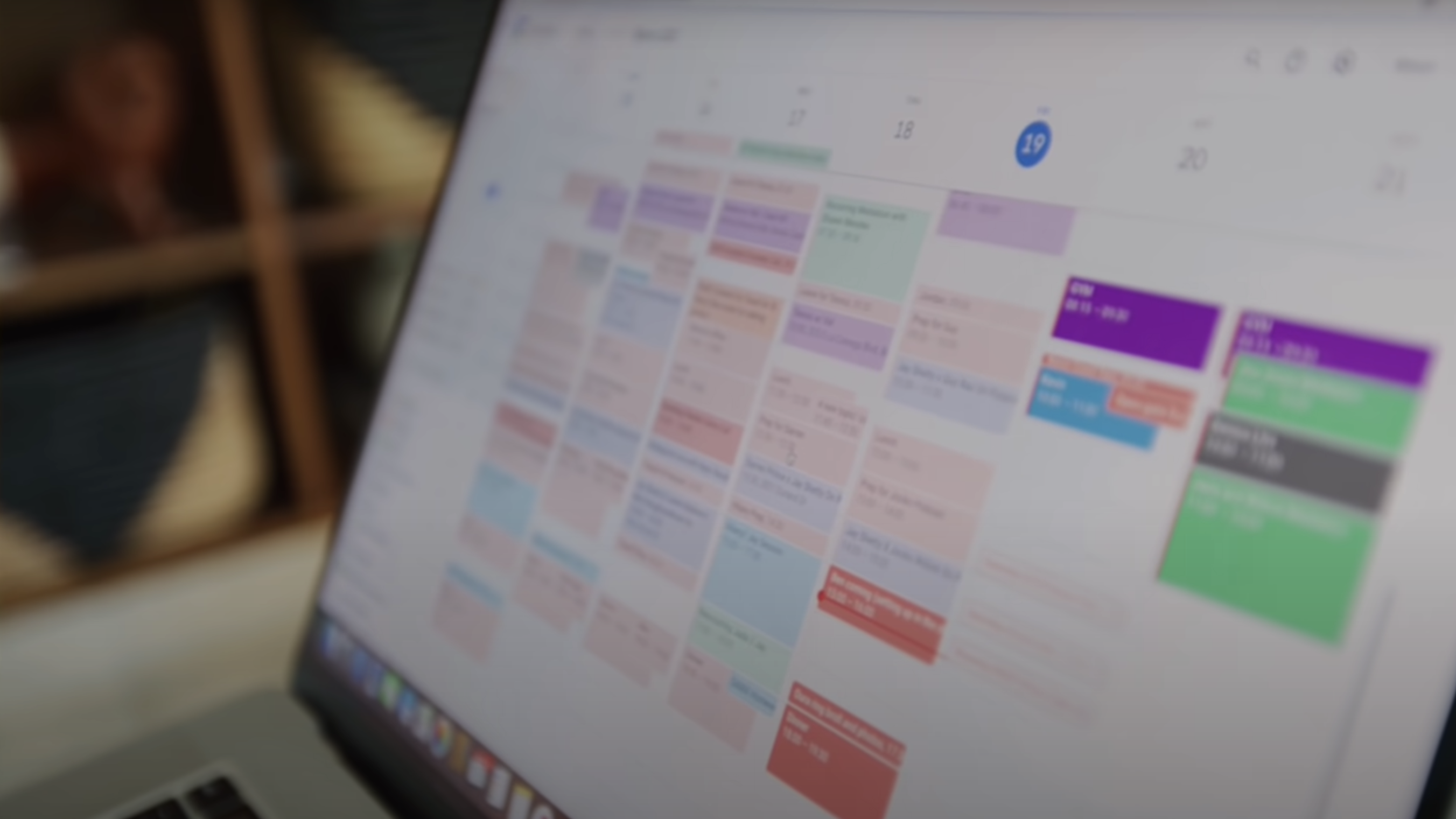Finding a balance between online studies, a full-time job, and family responsibilities can feel like juggling flaming torches. However, with the right strategies and tools, you can succeed in each area without burning out. This guide outlines practical methods for students studying in colleges such as Robert Kennedy College (RKC), whose flexible British-accredited programmes are designed for busy professionals worldwide. By the end, you’ll have a clear plan to make the most of every minute in your week.

The Unique Challenges of Studying Online While Working and Managing Family Commitments
Online learners often face unpredictable work deadlines, family events, and shifting home dynamics. Unlike on-campus students, you don’t have a fixed class schedule to anchor your day. Instead, you must carve out study blocks around your professional meetings, kids’ activities, and household chores. Acknowledging these competing demands is the first step toward creating a realistic, personalised timetable.
Creating Your Personalised Time Management Strategy
Before starting assignments, plan out every fixed commitment in a weekly overview. Include work hours, commute times, family meals, and bedtime routines. Then find stretches of uninterrupted focus—early mornings, lunch breaks, or late evenings. With RKC’s asynchronous lectures and virtual workshops, you can fit these learning sessions into your available slots. Simply logging this schedule in a digital calendar adds clarity and accountability.
Leveraging Time-Blocking and Scheduling Techniques

Time-blocking turns vague “study time” into specific tasks with clear start and finish points. For example, assign 6:30–7:30 AM for reading case studies and 8:00–8:45 PM for discussion forum posts. Use colour-code blocks to distinguish work, study, and family. This visual separation stops sessions from overrunning and indicates when it’s time for a break. Over time, you’ll naturally stick to these blocks, increasing consistency.
Integrating Family and Work Commitments
Successful time management recognises — rather than fights — personal priorities. Share your weekly schedule with family and colleagues so they know when you’re unavailable. Enlist their support by assigning small tasks—like dinner prep or pet care—during your study blocks. On the work front, utilise RKC’s flexible deadlines when projects peak at your day job. Transparent communication fosters mutual respect and reduces last-minute surprises.
Harnessing Productivity Tools and Digital Resources
Modern productivity relies on the effective use of tools. With a few apps, you can centralise study materials, monitor deadlines, and automate reminders. Below is a quick reference:
| Tool Category | Example Tools | Purpose |
| Scheduling | Google Calendar, Outlook | Block study and family time slots |
| Task Management | Trello, Asana | Organise assignments and milestones |
| Focus Enhancement | Forest, Focus To-Do | Implement Pomodoro sessions |
| Collaboration | Slack, WhatsApp groups | Connect with RKC peers and mentors |
Experiment with a combination that fits your workflow. Many RKC students swear by integrating scheduling tools with task management tools for seamless progress tracking.
Cultivating Effective Study Habits
Consistent habits surpass last-minute cramming every time. Implement micro-learning methods by splitting chapters into 20-minute reading segments. Review flashcards during commutes or lunch breaks. Practice active recall—pause after each section to summarise key points aloud. Also, utilise peer-review processes: submit early drafts to classmates for feedback and refine them before formal submission. These layered approaches boost retention without overwhelming any single study session.
Prioritising and Goal Setting for Sustainable Progress

When deadlines approach from both work and studies, prioritise tasks by impact and urgency. Start each week by choosing one high-impact academic goal—such as completing a module quiz—and two professional deliverables. Write these down in a visible spot. At the end of the day, tick off completed items and adjust the next day’s plan. This small ritual encourages momentum, and the visual checklist keeps motivation high during busy weeks.
Building a Support System through RKC’s Online Community
You’re not alone on this journey. RKC’s vibrant cohorts, faculty and support staff span continents and time zones, offering you access to diverse perspectives and accountability partners. Join virtual forums, peer study groups, or themed discussion boards to engage with others. Share your weekly schedule with a buddy who can check your progress. Regular interaction with classmates and faculty advisors not only helps reduce isolation but also uncovers new time-saving tips tailored to your programme.
Maintaining Well-Being Amid a Busy Schedule
Time management isn’t just about productivity; it’s about safeguarding your health and relationships. Take short breaks every 60–90 minutes to stretch, drink water, or go outside. Dedicate at least one day each week for family outings or self-care routines. When stress levels rise, consider attending wellbeing webinars or engaging in guided mindfulness exercises. By treating self-care as a vital, non-negotiable part of your schedule, you’ll prevent burnout and sustain your focus.
The Next Steps

Balancing online studies, work, and family life requires intentional planning, disciplined execution, and ongoing adjustment. Start by creating a weekly overview, then incorporate time-blocking, supportive tools, and healthy habits. Rely on the global RKC community for accountability and new ideas. As you improve your system over the coming months, you’ll discover a sustainable rhythm that benefits every aspect of your life.
Beyond Time Management: Deepening Your Online Learning Experience
- Explore engaging study methods like mind-mapping and case-based simulations.
- Explore cross-programme networking through alumni networks to broaden professional opportunities.
- Reflect monthly in a learning journal to monitor progress, challenges, and emerging strengths.
With these advanced methods, you’ll not only master your timetable but also enhance the quality and influence of your online education.
If you’re prepared to elevate your career, delve into our list of programmes and embark on your journey today at Robert Kennedy College. You could also chat live with our team of Education Advisers on WhatsApp, who can look at your profile and give you some advice.


















